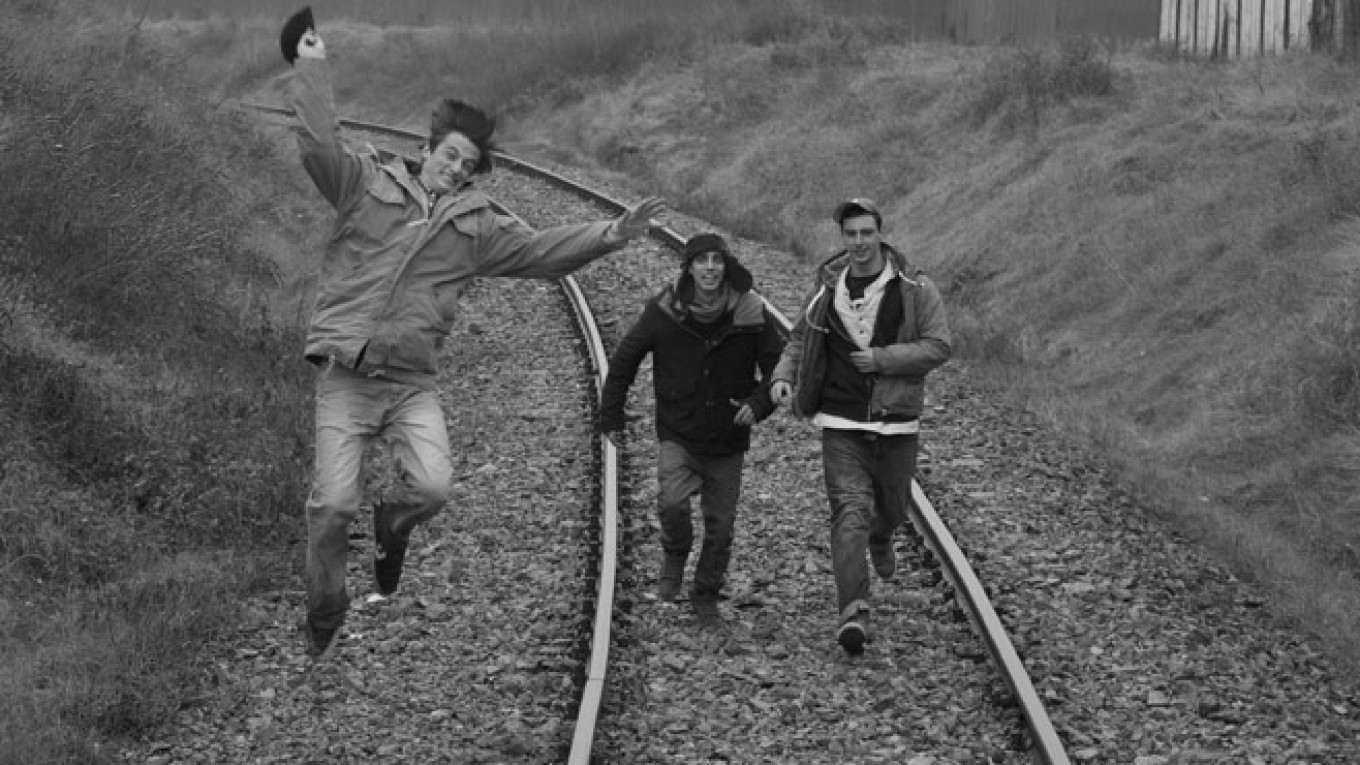The 37th Moscow International Film Festival is officially over. The closing ceremony took place on Friday night at Rossiya concert hall, where, after much posing on the red carpet, the winners were announced and the awards distributed.
Contrary to what the organizers say, MIFF is not really an international festival. There are no major world premiers and distributors don’t come here looking to buy films. It is more of a regional festival. But MIFF remains one of the main cultural events of the summer and attracts many movie-lovers from Moscow and around the world.
The main intrigue in the main competition program was whether the critics’ darling, “My Good Hans” by Alexander Mindadze, would get anything. In the end, it only received a special award from the newspaper Kommersant. After Culture Minister Vladimir Medinsky publicly denounced the movie as “anti-historical” and tried (unsuccessfully) to shut down its funding, the movie became one of the most talked-about premieres.
“My Good Hans” tells the story of a friendship between a German engineer and a Soviet worker on the eve of war between the two counties. Critics hailed it as the best movie at MIFF, but the jury decided to give the main award, the Golden George, to the Bulgarian entry “The Losers,” which depicts the life of teenagers in a provincial city.
“Arventur” — a fantasy film based on the stories by Russian romantic writer Alexander Grin — received the Special Jury Prize Silver George. Jury member and filmmaker Hakki Kurtulus, who was the Silver George winner last year, said that “Arventur” “could be at the Berlinale, Venice or Cannes festivals. It is a first-class film, and it’s an honor for MIFF that ‘Arventur’ premiered here. Irina Yevteyeva has good potential, and hopefully we will see more of her work.”
The Iranian movie “The Sea and the Flying Fish,” about a deaf graffiti artist serving a sentence at a juvenile detention center, got a special Russian Film Critics prize. The Serbian movie “Enclave” about Serbs in Kosovo received the Audience Award, based on exit polls of the viewers. And the star of Oscar-nominated “Leviathan,” Yelena Lyadova, won the best actress award for her role of a hairdresser in “Orlean.”
Most movies were shown at the Oktyabr theater on Novy Arbat, which sometimes looked more like the venue for Russian Fashion Week, rather than a film festival. A Byzantine system of ticket sales and accreditation added to the general chaos.
At an out-of-competition showing of “#krymnash” (Crimea is Ours) — a 15 minute spoof by award-winning Vasily Sigarev — a crowd of accredited journalists at the entrance raised hell for not being allowed in. The guards at the door kept insisting it was a closed viewing only for ticket holders. In the end everyone got to see “#krymnash,” which is an edited version of a home movie made by Sigarev’s mother during her trip to Crimea in July 2014.
Another controversial film that premiered at MIFF was “Successors” by Vladimir Khotinenko. Although not a part of the competition, it was one of the most anticipated movies at the festival. The movie takes place at a talk show where several characters — including a patriot, a government official and a singer — discuss the legacy of a beloved Russian saint, Sergius of Radonezh. After the host learns that the show will be canceled, he starts asking provocative questions about the political situation in the country and plunges the talk show in complete chaos. Controversy was once again linked to Medinsky, because the character of the government official was allegedly based on the minister of culture. Khotinenko vehemently denied any resemblance. It was, it seems, just a movie.
Contact the author at [email protected]
A Message from The Moscow Times:
Dear readers,
We are facing unprecedented challenges. Russia's Prosecutor General's Office has designated The Moscow Times as an "undesirable" organization, criminalizing our work and putting our staff at risk of prosecution. This follows our earlier unjust labeling as a "foreign agent."
These actions are direct attempts to silence independent journalism in Russia. The authorities claim our work "discredits the decisions of the Russian leadership." We see things differently: we strive to provide accurate, unbiased reporting on Russia.
We, the journalists of The Moscow Times, refuse to be silenced. But to continue our work, we need your help.
Your support, no matter how small, makes a world of difference. If you can, please support us monthly starting from just $2. It's quick to set up, and every contribution makes a significant impact.
By supporting The Moscow Times, you're defending open, independent journalism in the face of repression. Thank you for standing with us.
Remind me later.






